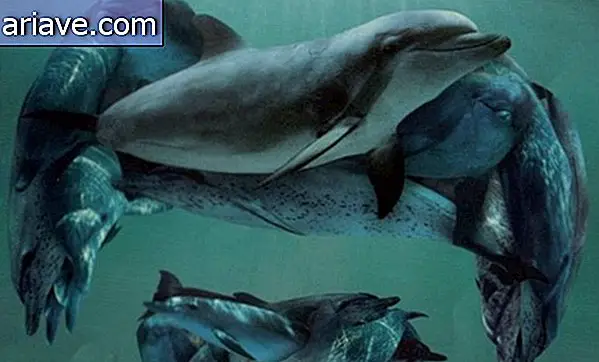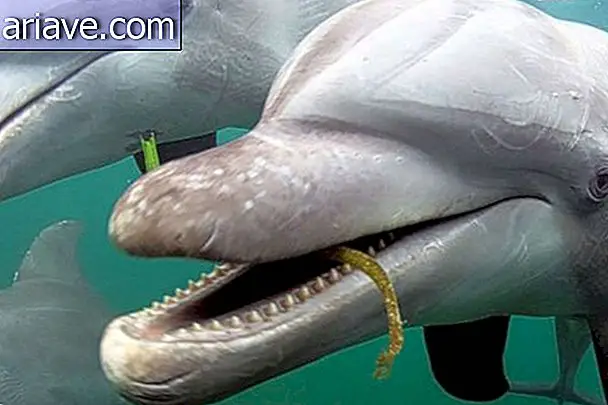Scientists can create alien organism from artificial DNA
Scientists at The Scripps Research Institute (TSIR) in San Diego, California, just created a new living organism whose genetic code includes six letters - instead of four. Experts also point out that the pair added to DNA cannot be found in nature.
In the full study, which was published in the Nature period earlier this month, experts describe the unpublished bacteria as the first life form to contain artificial genetic blocks. According to them, the discovery could help scientists develop drugs and products that today cannot be made because of the presence of cells with natural genetic code.
“Life on Earth in all its diversity is encoded only by two base pairs of DNA: AT and CG. What we did was create an organism that stably contains a third pair of artificial bases. This shows that other information storage solutions are possible and of course bring us closer to expanded DNA that will have many interesting applications - from new drugs to new types of nanotechnology, ”explains Floyd E. Romesberg, professor at TSRI and coordinator of search.
A new being

The procedure performed during the research was the addition of an artificial pair of type X and Y nucleotides to the genetic code of an E. coli bacterium. Apparently the organism is reproducing normally and the best part is that it keeps replicating the XY pair along with the natural nucleotides.
According to the scientists, the next step of the research is to demonstrate that the new six-letter DNA is capable of giving rise to RNA strands, which are responsible for protein synthesis in cells. "At first, we would be able to encode new proteins from the new artificial amino acids - this would give us a great opportunity even to create therapeutic and diagnostic proteins and laboratory reagents for certain functions, " adds Romesberg.
Despite the good news and clear scientific progress, we must not forget that the development of new life forms and proteins involves safety issues. "The arrival of this unprecedented alien life-form can over time have ethical, legal and regulatory implications, " says Jim Thomas, spokesman for the Canadian ETC Group.











